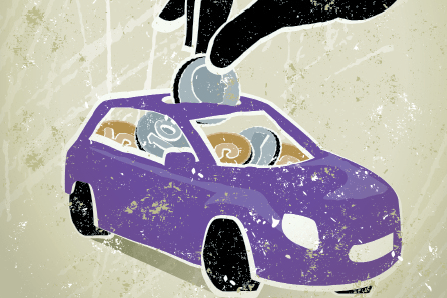It is not surprising that car insurance has been prominently in the sights of UK regulators. The UK market is the third largest in Europe – behind France and Germany – with €20bn ($21.4bn) of the €100bn ($107bn) gross written on premiums in Europe in 2021. Perhaps more importantly, it’s
Regulators have
Register for free to keep reading.
To continue reading this article and unlock full access to GRIP, register now. You’ll enjoy free access to all content until our subscription service launches in early 2026.
- Unlimited access to industry insights
- Stay on top of key rules and regulatory changes with our Rules Navigator
- Ad-free experience with no distractions
- Regular podcasts from trusted external experts
- Fresh compliance and regulatory content every day













